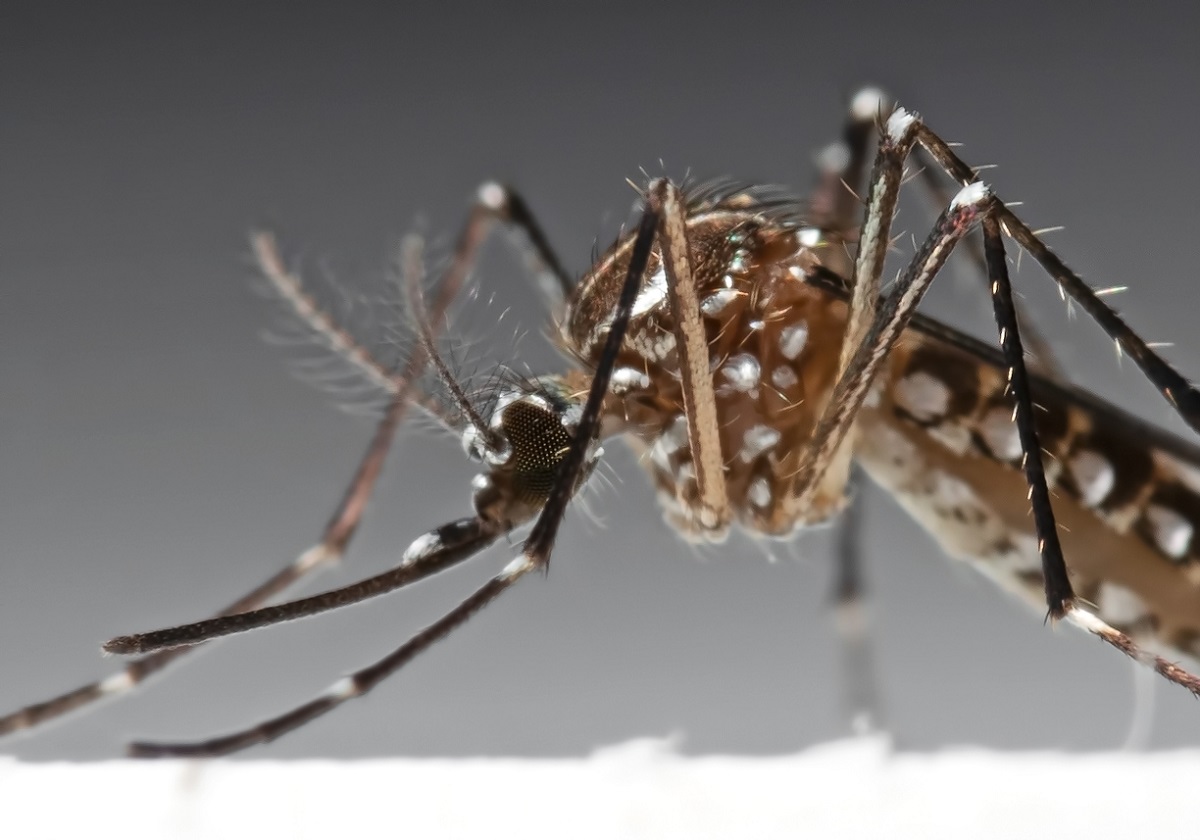
U.S. EPA Grants Approval to Conduct GE Mosquito Field Trials
May 6, 2020| |
The United States Environmental Protection Agency (U.S. EPA) released its statement granting Oxitec Ltd. the experimental use permit (EUP) to field test the use of genetically engineered (GE) Aedes aegypti mosquitoes. This approval will allow Oxitec to continue its projects using the Friendly™ mosquito technology that was designed to control mosquito populations and decrease the risk of spreading mosquito-borne diseases.
The GE mosquitoes have been under research and development for more than a decade involving experts from different countries including the U.S., the United Kingdom, and Brazil to name a few. The U.S. EPA's approval is an opportunity to take the study a step further in the U.S. to investigate scalable tools to fight off the threat of A. aegypti mosquitoes that transmit diseases such as Dengue fever, Zika, Chikingunya, and Yellow fever. Prior to EPA's statement, other U.S. agencies including the U.S. Centers for Disease Control, U.S. Food and Drug Administration, and the U.S. Department of Agriculture have also granted approvals or supported the application's review for the conduct of the GE mosquito field trials.
The GE mosquitoes have completed successful deployments in Brazil. Its approval for field trials in the U.S. will be conducted in Monroe County in Florida starting the summer of 2020 and in Harris County, Texas in 2021, should the state and local authorities also grant their respective approvals. The field trials will involve the release of male GE mosquitoes that carry a protein that will inhibit the survival of female offspring when they mate with wild female mosquitoes. The male mosquito offspring, on the other hand, is expected to survive until adulthood while still carrying on the protein thereby providing multi-generational effectiveness of the technology. During the field trials, the mosquito population released in the treatment areas will be monitored and sampled weekly to confirm that the trait does not disappear over generations.
EPA stated that the conduct of the field trials will not have any adverse effects on animals and that it will not pose a risk to humans as only male mosquitoes will be released to the environment, which does not bite humans. EPA is also said to anticipate that this can be a useful tool to slow down the spread of mosquito-borne diseases considering that current mosquitoes are becoming resistant to insecticides. The EUP that was granted is designed to test the GE mosquitoes as a way to reduce mosquito populations in a controlled environment with appropriate conditions as an initial step for possible wider use in the U.S.
Read the statement from U.S. EPA and the press release from Oxitec to find out more.
| |
You might also like:
- 2nd Gen Friendly™ Mosquitoes Successfully Deployed
- Scientists Engineer Mosquitoes to Repel Dengue Virus
- Use of CRISPR to Control Pest Populations
Biotech Updates is a weekly newsletter of ISAAA, a not-for-profit organization. It is distributed for free to over 22,000 subscribers worldwide to inform them about the key developments in biosciences, especially in biotechnology. Your support will help us in our mission to feed the world with knowledge. You can help by donating as little as $10.
-
See more articles:
-
News from Around the World
- U.S. EPA Grants Approval to Conduct GE Mosquito Field Trials
- Experts Discover Rice Proteins Vital for Pollination
- Scientists a Step Closer to Heat-tolerant Wheat
-
Research Highlights
- Next-generation Sequencing of Poplar Lines Confirms Vector-free Transformation
- CRT1a Knockout Reduces Plant Susceptibility to Fungal Attack
-
Plant
- CRISPR-Cas9 Technology Reveals Function of OsRhoGDI2
-
Health
- Researchers Discover Antibody that Blocks SARS-CoV-2 Infection in Cells
- The Role of Plant Biotechnology Against SARS-CoV-2
- Canadian Researchers Use Algae to Produce COVID-19 Test Kits
- Food Security Expert Says COVID-19 Pandemic Calls for Reassessment of Food Systems
-
Read the latest: - Biotech Updates (January 28, 2026)
- Gene Editing Supplement (January 28, 2026)
- Gene Drive Supplement (February 22, 2023)
-
Subscribe to BU: - Share
- Tweet

